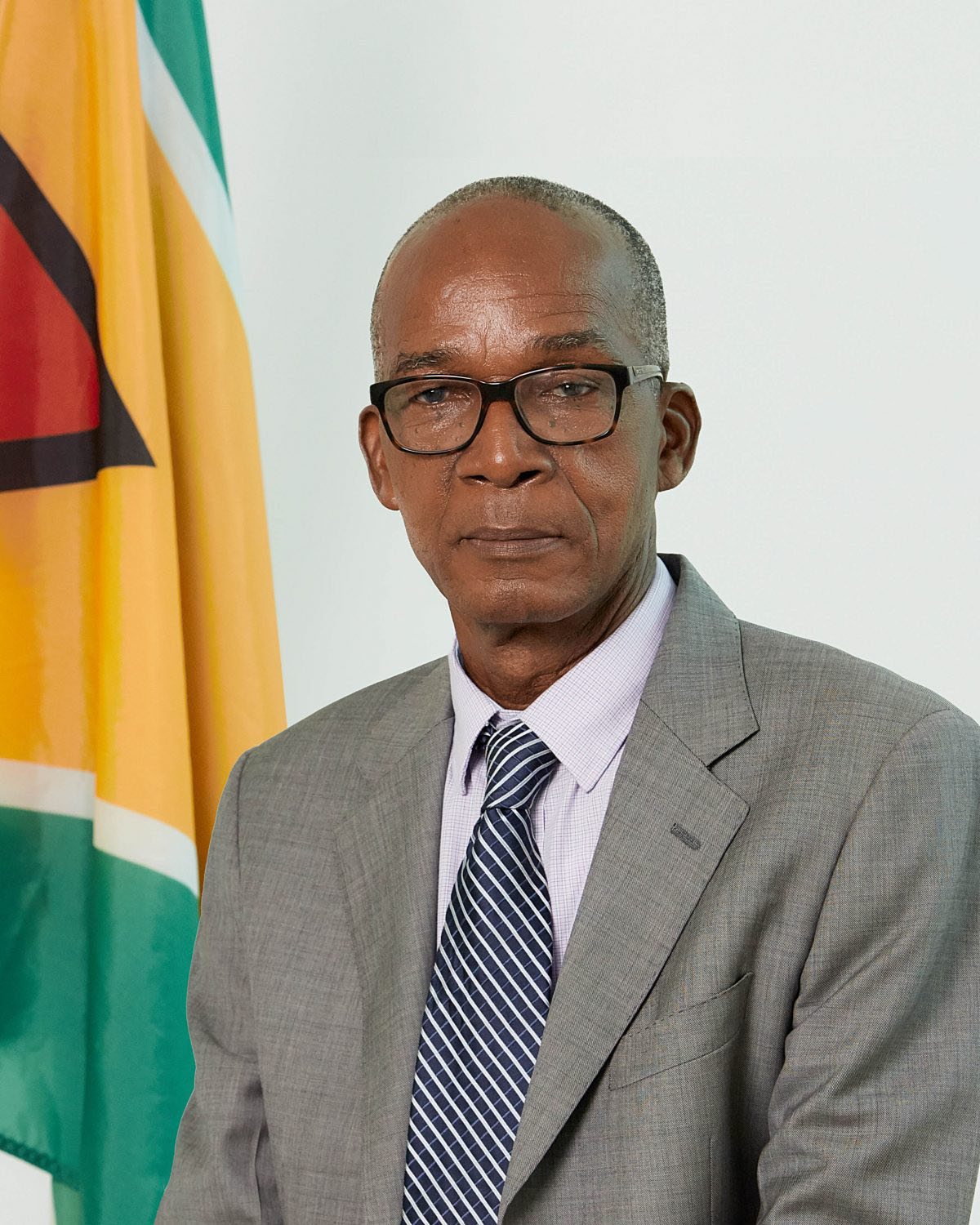Minister of Labour, Joseph Hamilton has reiterated the importance of prioritising widespread, continuous training in Guyana to address the shortage of skilled labour in Guyana.
He made these remarks during a Consultative Association of Guyanese Industry (CAGI) luncheon held yesterday afternoon, a Ministry of Labour release stated.
CAGI was established in 1962 to represent the interests of employers in the resolution of labour relations issues. Soon afterwards, it became recognised as the Employers’ Organisation on Labour, Social Policy and Human Resource Development, and as the counterpart of trade unions and trade union centres, the release informed.
The event, it explained, which was aimed at addressing the concern: “What are the interventions of the government to address the shortage of skilled workers in the labour market?”, was attended by industry stakeholders, including employers, human resources professionals, and government representatives, who gathered to discuss the current state of Guyana’s labour market and share insights on skill shortages and potential solutions.
The labour minister, who delivered the feature remarks, emphasised that addressing the crisis of an underskilled population requires a greater focus on skills training as a crucial component of education. “The long-term approach for Guyana must be one where our education delivery is revolutionised. We must reach the place urgently where we give prominence to Technical and Vocational Training (TVET) like we give to academic training endeavours.”
He added, “We cannot discuss skill shortage and skill deficit and we have an educational system whereby there are 35 students are in a class, and 12 students don’t want to be in that class because they would rather be in a class where they can be using their hands.”
Hamilton pointed out that since entering office, the PPP/C government has embarked on a mission to ensure that all Guyanese receive quality education, that they are able to receive access to education at every level, and that opportunities in TVET are enhanced and expanded.
These measures, he noted, include: the award of 21,442 scholarships to university and post-secondary education institutions through the Guyana Online Academy of Learning (GOAL – a number which exceeded the initial target of 20,000 scholarships in five years; equipping 11,275 persons across the country from regions One through Ten under 549 training projects through the Board of Industrial Training (BIT); providing on-the-job training through apprenticeship programmes benefitting over 200 persons; and enhancing skills training through slecial initiatives in collaboration with private sector bodies and other entities.
A significant milestone in this strategy, the minister stated, is the operationalisation of the first phase of the Guyana Technical Training College at Port Mourant, an initiative also supported by private sector investment. He disclosed that already, the first cohort of 25 students has commenced specialised training in mechanical, electrical and instrumentation fields, and will become work- ready for the oil and gas industry within six months.
“We are not just addressing. We are laying the groundwork for a prosperous future, and all of us have to participate in this together. With the support of the private sector and the active participation of all stakeholders, we can bridge the skill gap and build a robust skilled and resilient workforce ready to drive Guyana’s economic growth and development.”









